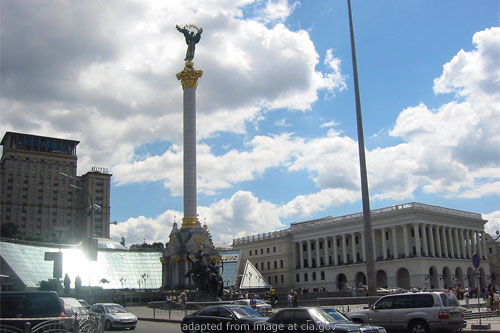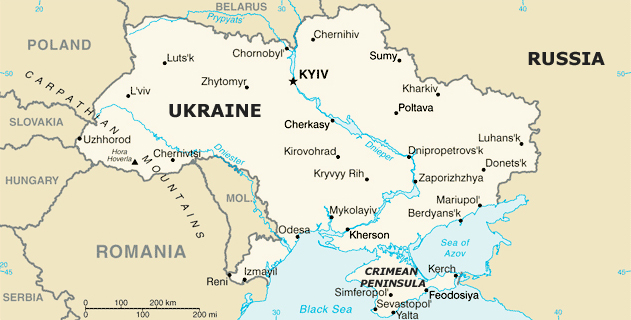Statement of Concerned Scholars Regarding the Conflict in Ukraine

Subject: Statement of Concerned Scholars Regarding the Conflict in Ukraine
Date: Wed, 12 Mar 2014
From: Juliet Johnson, Prof. <juliet.johnson@mcgill.ca>
Dear David,
I’m writing to bring to your attention to the “Statement of Concerned Scholars Regarding the Conflict in Ukraine.” My colleague Maria Popova and I wrote this statement, and since Sunday afternoon 340 academics working on Ukrainian and Russian affairs from 37 countries have signed it, including many of the most well-known names in our field. The statement has received over 7,500 page views since we posted it, including over 1,500 from within Russia. I include the English text of the statement below; the website has French, Russian, and Ukrainian translations as well. To read the statement, the full list of signatures, and the translations, please go to http://concernedscholars.blogspot.ca/. Those who research, write, and/or teach on the region and would like to add their names to the statement should send an e-mail from their institutional e-mail accounts to concernedscholarsukraine@gmail.com.
Thank you for your work and for helping us to spread the word.
Best,
Juliet Johnson
McGill University, Montreal
Statement of Concerned Scholars Regarding the Conflict in Ukraine
We, the undersigned, are scholars of Ukrainian and Russian affairs whose knowledge of and respect for the people of the region bring us together today. Although we hold diverse views regarding the origins, evolution, and likely outcome of the current crisis in Ukraine, we agree on the following five points:
1) The continued Russian occupation of Crimea cannot be supported by reference to international law, international norms, or interstate agreements. Russian troops in Ukraine should return to their barracks immediately and all parties should allow the OSCE to enter Crimea as a neutral observer. The use of troops in unmarked uniforms must cease.
2) No status referendum in Crimea can be considered legitimate under the current circumstances. Such referenda require, at minimum, the agreement of national and regional governments, a clear question, sustained public discussion of the ramifications of yes and no votes, and the option of international monitoring to ensure a free and fair process. They cannot be held under military occupation and should be considered only as a last resort after all other democratic avenues of resolution have failed.
3) In addition to early presidential elections, the acting Ukrainian government should call early parliamentary elections and invite international election observers to monitor the campaign and the vote.
4) Ukrainian authorities should adopt deliberately inclusive policies towards the linguistic, ethnic, and cultural groups of Ukraine in order to increase mutual trust and facilitate national reconciliation. Sustainable inclusion may require a newly elected Ukrainian government to introduce measures to increase political decentralization.
5) Interested parties around the world should avoid unnecessarily inflammatory, confrontational, and militaristic rhetoric in regards to the conflict. Such rhetoric inevitably raises tensions and endangers the lives and livelihoods of all people in the region.
We call upon all parties to work towards a peaceful, sustainable, and fair resolution to the current conflict in Ukraine.

